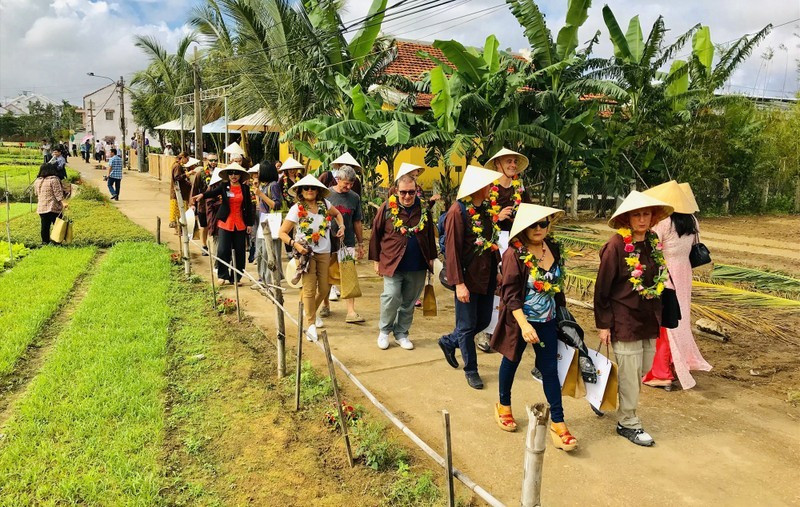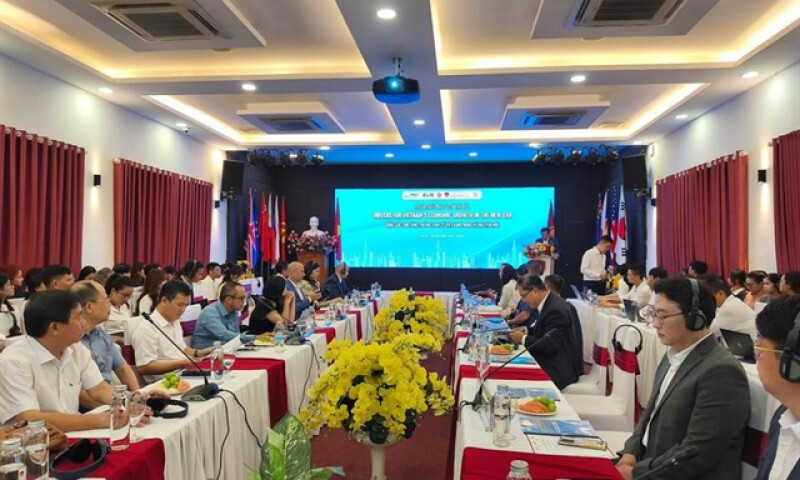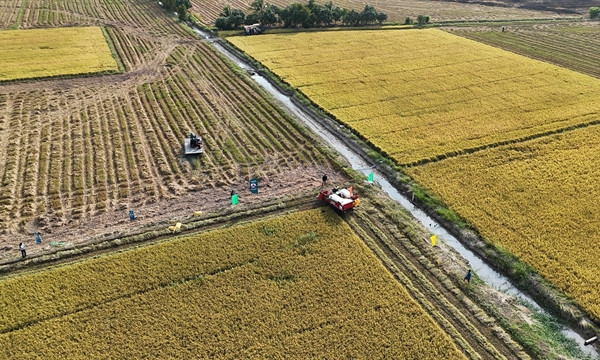Community and businesses join hands for tourism development
To create new impulses for Vietnam's tourism industry, it is extremely important to mobilise the participation of the community and businesses in tourism activities. The problem is in how to attract and create connections and effective sharing among stakeholders to promote the sustainable development of the tourism sector.
For tourism, the participation of the community and businesses will help create diverse products and services towards the attraction of the destinations with imprints imbued with the localities’ identities. Furthermore, tourism is a resource that can bring job opportunities, increase income for people, and raise economic efficiency for businesses and localities.
Thus, tourism development and the participation of communities and businesses have a mutual relationship to create positive impacts. This is even more meaningful in the context that Vietnam needs to mobilise all its potential to attract international tourists and regain the recovery momentum following the COVID-19 pandemic. In Vietnam, the relevant agencies have been paying strong attention to the attraction of the community and businesses into tourism development, especially those in the private sector.
In some destinations, the community has promoted the cultural and natural values of the localities, creating attractive tourism product chains that attract both domestic and international tourists. However, in many places, the mobilisation of the participation of the community and the private sector still faces many barriers.
On the community side, the most recognisable challenge is awareness and skills. Even in localities that have developed their tourism industry, the community has hardly been properly trained in the expertise, skills, and foreign language for serving tourists.
In addition, there are difficulties in investment capital for tourism development as well as limitations in coordination with stakeholders in tourism development. Meanwhile, businesses, which are considered to be more sensitive in the tourism business, have had to face a crisis in terms of human and material resources. A common barrier for most business owners is financial turnaround. Pressure from bank interest rates has made many businesses "afraid" of capital loaning and mobilisation.
Especially, it is impossible not to mention the challenges caused by the lack of mechanisms and policies to encourage the participation of the community and the private sector in tourism development. Specifically, the tourism management agencies still don’t really have enough support for local organisations, communities and most businesses involved in tourism development. The local authorities have no plan to create conditions to encourage businesses and communities to participate in tourism development. In addition, human resources for community-based tourism are still weak and lacking, so they are not able to connect stakeholders in the tourism development.
Facing these challenges, to further promote the participation of the community and private enterprises in tourism development, it is necessary to strengthen the direction, management and guidance of state tourism management agencies and local authorities. It is also crucial to continue studying and promulgating specific regulations on public-private cooperation in tourism, creating support policies, completing production infrastructure, and training human resources for agricultural production in combination with tourism.
Moreover, the cooperation, connection and coordination between travel businesses and community-based and agricultural sites should be strengthened in tourism development. The sharing of benefits for people in tourist destinations should receive greater attention from tourism businesses.
In addition, the involvement and connection of local authorities with businesses and related units in infrastructure construction and the upgrading of roads should be boosted. It is especially essential to raise awareness of tourism development among localities to help the people understand that community-based tourism development is a sustainable economic development path to improve livelihoods, reduce dependence on finite resources, and promote the beauty of local traditional culture.
It is indispensable for supporting policies to create financial facilitation for tourism businesses to return to join hands for the recovery and development of the tourism industry, such as bank interest rate reductions and tax exemptions for businesses operating in the tourism sector.






